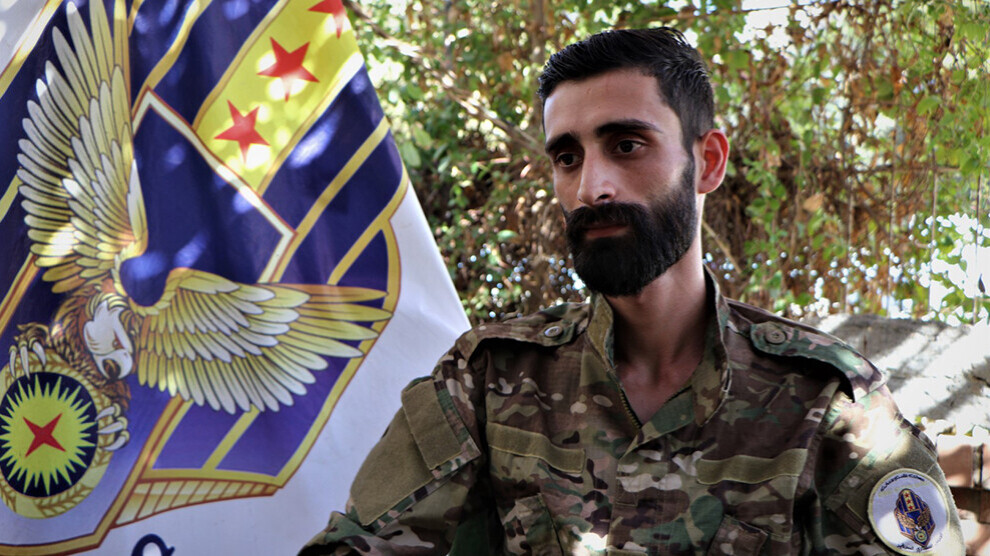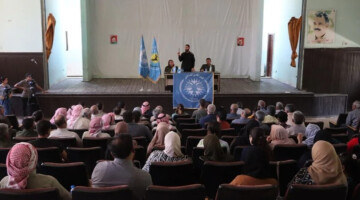The spokesman of the Syriac Military Council (MFS), Matay Hanna, has accused Moscow of co-responsibility for Turkey's ongoing aggression against northern and eastern Syria and called on Russian troops to fulfill their obligations as a guarantor power. On Sunday evening, an MFS vehicle was attacked by a Turkish drone in Til Temir. The vehicle included Orom Maroge, a member of the General Command of the Syriac Military Council, who was escorting a Russian patrol to the power station near Til Temir, which had come under artillery fire from the Turkish army earlier in the day.
"Our units were on their way to the damaged facility when the invading forces attacked a vehicle of our military council and Russian forces with combat drones. Our friends were taken to the hospital injured," Hanna told ANHA. In addition to Orom Maroge, his translator was also wounded in the attack. At least one other person was injured earlier in artillery attacks on villages surrounding the town of Zirgan, which lies between Serêkaniyê and Til Temir.
Population to be expelled and terror revived
Matay Hana emphasized that the goal of the Turkish state is to drive the people out of the region and break their resistance. “Russia, as the guarantor power of the ceasefire broken by Ankara on a daily basis, should be held directly responsible for the attacks. The drone strike against an MFS commander and our fighters served to breathe new life into jihadist groups in the region and revive terror. The Syriac Military Council will not remain silent in the face of such attacks."
Criticism of Russia not new
Russia, with the ceasefire agreement enforced in October 2019 after the occupation of Serêkaniyê and Girê Spî, committed to implementing monitoring mechanisms to avert Turkish aggression against northern and eastern Syria along the de-escalation line. However, the practice looks different. Time and again, security forces and fighting structures in the autonomous region criticize the Russian military for ignoring attacks by the Turkish army and allied mercenary groups and thus failing to fulfill the obligations under the agreement.














